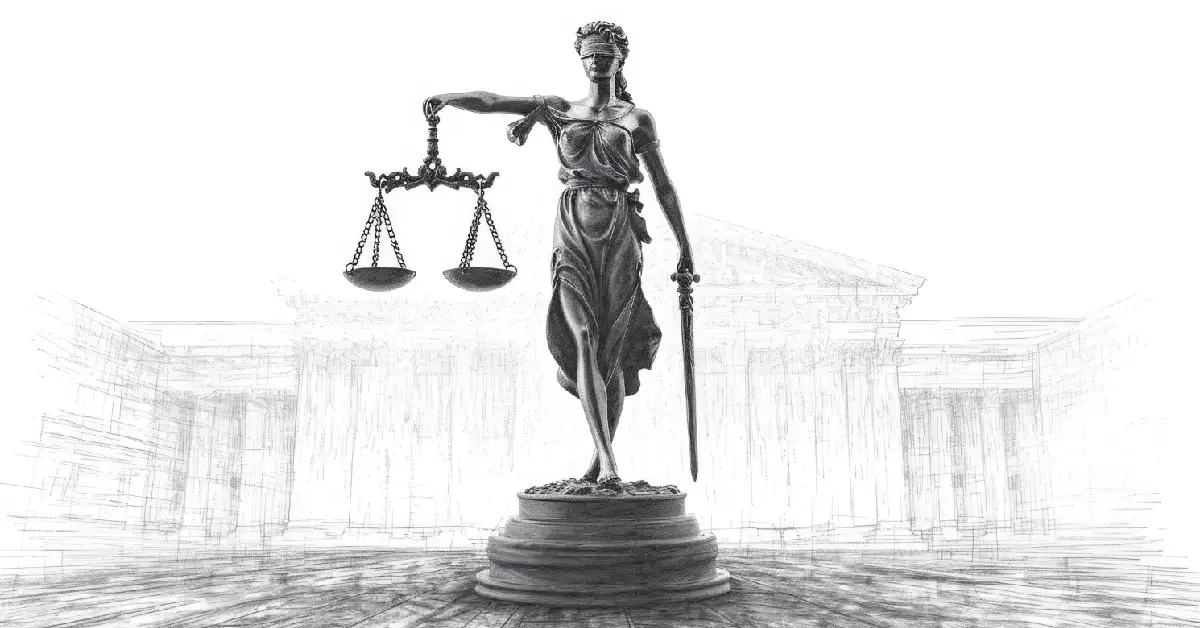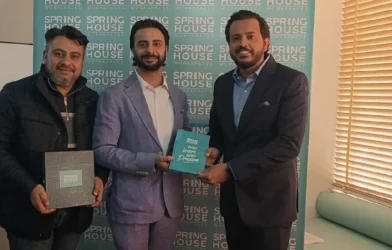Subtotal ₹0.00
Trilegal has successfully represented CREDAI National and Godrej Properties Ltd before the Supreme Court of India in a constitutional challenge to the Ministry of Environment, Forest and Climate Change’s (MoEF&CC) Notification dated 29 January 2025.
The Petitioner challenged the constitutional validity of a notification dated 29 January 2025, issued by the MoEF&CC. The Notification was issued in relation to Building and Construction Projects and Township Area & Development Projects which are covered under Item 8 of the Schedule to the Environment Impact Assessment dated 14 September 2006 (“EIA 2006 Notification”).
The Notification exempted industrial sheds, schools and educational institutions from procuring an EC as mandated under the EIA 2006 Notification also clarified that the “General Condition” under the EIA 2006 Notification shall not apply to such projects.
The General Condition stipulates that if a project is located within a 5km radius of protected areas notified under: (i) the Wildlife (Protection) Act, 1972, (ii) Critically Polluted Areas and Specially Protected Areas as notified by the CPCB from time to time and (iii) notified eco-sensitive areas and (iv) inter-state boundaries and inter-national boundaries, then although the project may be Category B project to be appraised by the State Environmental Authority; it is instead deemed to be a Category A project to be appraised by the Centre.
Trilegal intervened on behalf of Godrej Properties Ltd. and CREDAI National contending that General Conditions have historically never applied to Item 8 of the Schedule since the inception of the EIA 2006 Notification and the State Environmental Authority should commence the appraisal process for grant of EC.
The Supreme Court upheld the constitutional validity of the Notification while quashing the exemption to industrial sheds, schools, educational institutions under the Notification. The Supreme Court also held that the General Condition does not apply to real estate projects which are to be appraised by the State Environmental Authority.
In its judgment, the Supreme Court:
• Upheld the constitutional validity of the Notification;
• Struck down the exemption granted to industrial sheds, schools, and educational institutions; and
• Clarified that the General Condition does not apply to real estate projects under Items 8(a) and 8(b), affirming the role of State authorities in granting ECs.
Sector-Wide Impact
This ruling resolves the legal ambiguity and regulatory impasse that had stalled thousands of real estate developments across the country. By ensuring that the regulatory framework is interpreted in line with its original intent, the Court has enabled the State bodies i.e. SEACs and SEIAAs to resume processing environmental clearances, offering long-awaited relief to the real estate sector across the country.
“This judgment brings critical clarity on the scope of environmental regulation for real estate projects. It ensures regulatory certainty and paves the way for timely development of housing and infrastructure across the country. We are honoured to have represented CREDAI National and Godrej Properties in a matter of such sectoral significance and believe this outcome will have a far-reaching positive impact on the real estate ecosystem”, Samit Shukla, Partner-Dispute Resolution Practice, Trilegal.
Senior Advocate Mukul Rohatgi appeared for Godrej Properties Ltd., Senior Advocate Atmaram Nadkarni appeared for CREDAI National and were briefed by the Trilegal Dispute Resolution team led by Partner: Samit Shukla; Senior Associate: Saakshi Saboo; and Associate: Vaibhavi Bhalerao.













